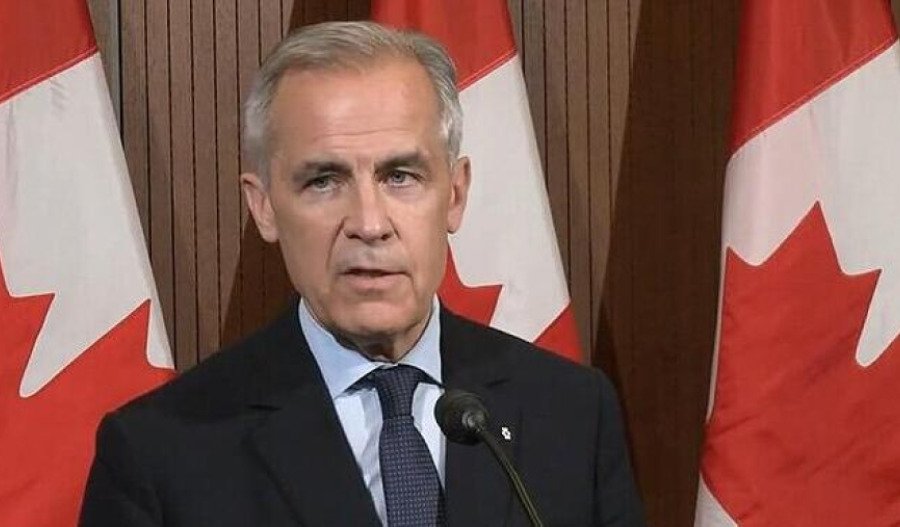Bulgaria has been given the green light by the European Commission and the European Central Bank and adopts the euro as its currency; however, some are still sceptical about the idea.
The country was given the go-ahead to adopt the euro as early as 1 January 2026 after Brussels declared that Bulgaria met the formal economic criteria. This is because it has public debt that is low at just 24.1% of GDP, and inflation has dropped to 2.8%, which is within the allowed margin.
According to a recent European Union survey, around half of Bulgaria’s population is against adopting the currency. This is due to fears of higher prices and the loss of independence.
Bulgarians also fear currency change after many experienced 300% hyperinflation in 1997.
“When you don’t trust the institutions in the country, it is much harder to make any transition,” Petar Ganev, an economist at the Institute for Market Economics in Sofia said.
This leaves many afraid that the cost of basic goods like vegetables could rise, especially in rural areas.
“[Rural voters are sceptical] not because they’re eurosceptic, but because of fears over an increase in the cost of living,” Bulgarian economist and the country’s former deputy prime minister, Atanas Pekanov, told Politico.
“Especially when it comes to joining the euro.”
Despite this, Bulgaria’s Prime Minister Rosen Zhelyazkov has made joining the euro zone a priority, arguing that it will boost economic stability and growth.
“It makes no sense, at a time when the nation should be confident that the introduction of the euro will only benefit the competitiveness of our economy, for us to introduce a debate that actually manipulates people and instils fear in them,” Zhelyazkov said.
The opposition against becoming the 21st euro zone member has already caused protests across the country.
“Public opposition to euro adoption has already triggered notable protests, and in the medium term, the issue could become a key driver of rising support for populist and Euroskeptic political movements," the central and eastern Europe advisor at Teneo, Andrius Tursa told CNBC.
While it has caused political tension in the country, experts argue that it could be a positive move long term.
“Although Bulgaria would lose some monetary policy control and be subject to strict fiscal rules, the advantages of greater economic stability, reduced transaction costs and stronger integration with the EU market would typically outweigh these disadvantages,” senior economist for Europe at Allianz SE, Jasmin Groeschl told CNBC.



